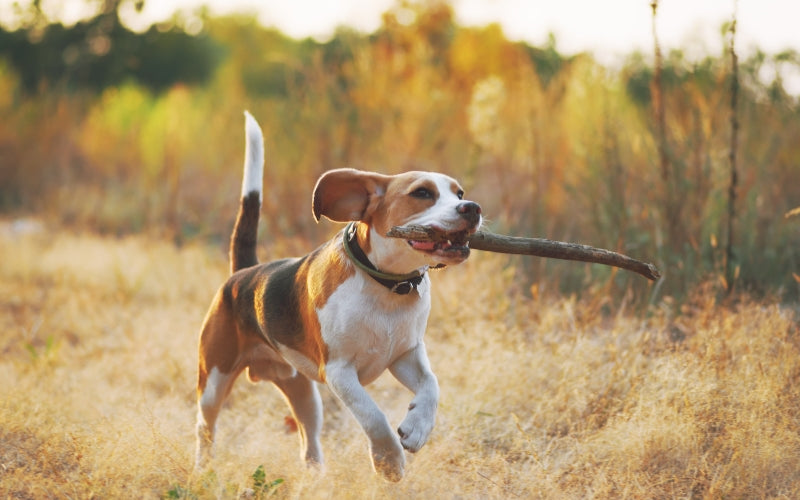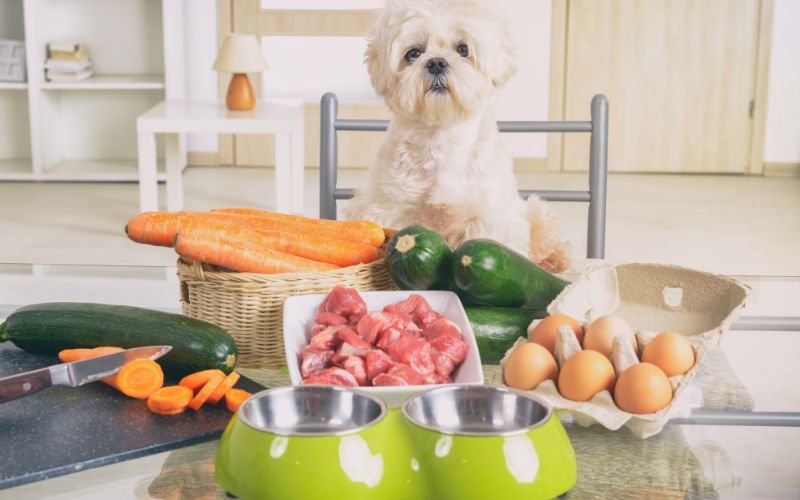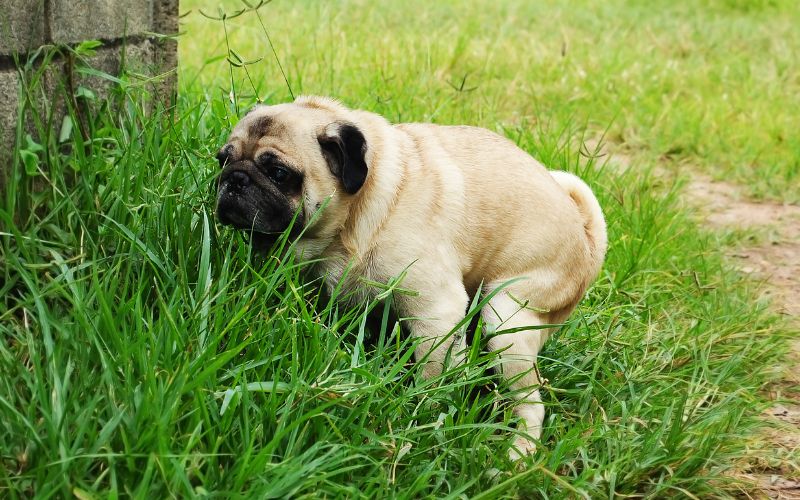In today’s fast-paced world, wellbeing is becoming an increasingly important topic - both for humans and healthy dogs, with an interesting connection between the two.
For a number of years, we have known that there are many positive benefits of dogs on mental health and wellbeing. In fact, it has led to the introduction of wellbeing dogs in schools, hospitals and businesses around the world.
Multiple studies have demonstrated the link between dog ownership and wellbeing; reporting decreased stress and increased physical activity, which reduces the risk of heart disease, high blood pressure and type 2 diabetes.
Dogs were even found to be a motivator for smokers looking to quit, due to concerns of the impact of second-hand smoke on our canine companions.
Indeed, the recent global pandemic magnified the impact dogs have on health and happiness. Pet ownership has boomed since 2019, with over a million additional dogs welcomed into Australian homes according to research from Animal Medicines Australia.
During this period, many of us relied on our beloved pups for companionship, exercise and routine, which was especially vital at a time when social isolation and uncertainty peaked.

So, how do pets improve your wellbeing and how do you influence theirs?
The answer is that it’s all down to oxytocin, otherwise known as the ‘love hormone’ or ‘cuddle chemical’.
A respected Japanese study found that human-like communication, such as mutual gazing, is the key to increasing oxytocin concentrations in both dogs and humans, thus facilitating a strong attachment.
Dogs are pack animals by nature and thrive on this level of attachment, as it helps them to feel safe and secure.
Now that we’ve discussed the science behind dog wellbeing, it’s time to consider the practicalities. With the wellbeing of you and your dog so closely linked, it’s only natural that their happiness is at the core of your own.
So, what are the top wellbeing essentials you can implement for dog health on a daily basis? Read on to find out!
Why is activity important for your canine companion
Dogs are active creatures and enjoy exploring, which harks back to a time when their wolf ancestors lived in the wild and roamed free.
Being outside stimulates their senses, providing the opportunity to use their extraordinary noses to identify lots of delicious new smells, helping them to map out their environment and mark their territory.
Time spent outdoors also encourages physical activity, which helps with weight regulation and the prevention of dog diseases that are influenced by a sedentary lifestyle.
It likewise offers the opportunity for you both to socialise and play, further strengthening your bond. After all, you’re exploring the world together.

Natural dog food: what to consider for optimal health
When we take a moment to reflect on our own diet, we often place great importance on quality, variety, freshness and nutritional value. When it comes to our beloved dogs, why should they be any different?
Homemade dog diets are becoming increasingly popular as the modern pet parent seeks the most nutritious dog food for their holistic dog. However, despite being prepared with lots of love and best intentions, it’s not always easy to strike a healthy balance.
Many homemade meals lack vital micronutrients, which can lead to nutritional deficiencies. In conjunction with vets and food scientists,Wellbeing Essentials Complete 22 was developed to address these concerns and provide key dietary nutrients in just one spoonful. Even better, it’s tasty too!
If you’re keen to get started on a homemade dog diet but find yourself asking ‘what can dogs eat and not eat?’, check out our free eBook for helpful tips, recipes and information on incorporating real food into your dog’s lifestyle.
Why is dog enrichment important
Again, just like humans, dogs have active minds and are prone to boredom and loneliness. Particularly during their formative years when they are most active.
Food is an excellent way to introduce canine enrichment and one that your pup is almost certain to welcome. You can purchase ready-made enrichment toys or make your own, for an option that’s easy on the pocket.
Ideas include DIY snuffle balls, homemade lick mats, hiding treats in boxes and rolled-up towels, or even creating a scavenger hunt or digging pit. Just make sure that they are supervised at all times and that all materials are dog-safe and indestructible.
Aside from food, dogs love interacting with their favourite humans, and who can resist a dog that chooses you as its playmate?
Try to create an adventurous agility course to exercise their mind, take a brand new walking route together or play the perfect rainy day activity - a game of hide-and-seek. Get creative!

How to socialise your dog to increase wellbeing
As social creatures, dogs thrive on the thrill of interaction. Socialisation is important for healthy dogs; it teaches them how to interact with the world around them, without unnecessary fear or aggression.
Similar to development in humans, socialisation begins early, with a ‘peak socialisation period’ occurring between three and 17 weeks according to advice from the Australian Veterinary Association. During this time, your dog is generally less fearful and more receptive to new activities and experiences.
There are a number of ways to make the most of this socialisation period, including dog trainers and positive reinforcement. Puppy schools are also very popular and allow your dog to meet new playmates in a controlled environment.
At this time, your four-legged friend should be slowly introduced to new places, objects and people, as this helps to combat a fear of common triggers such as moving vehicles, children and loud noises.
If the peak socialisation period has passed, it’s highly advisable to seek the help of a reputable dog trainer or animal behaviourist.
A socialised dog is generally happier, more confident and able to enjoy a wide range of experiences, which makes life more pleasurable for you both.
In Conclusion
With just a few tweaks to your daily routine, you can increase your dog’s wellbeing (and your own) through play, exercise and natural dog food.
Remember, if you’re curious about a homemade dog diet but don’t know where to begin, check out our free eBook for advice and tips.




